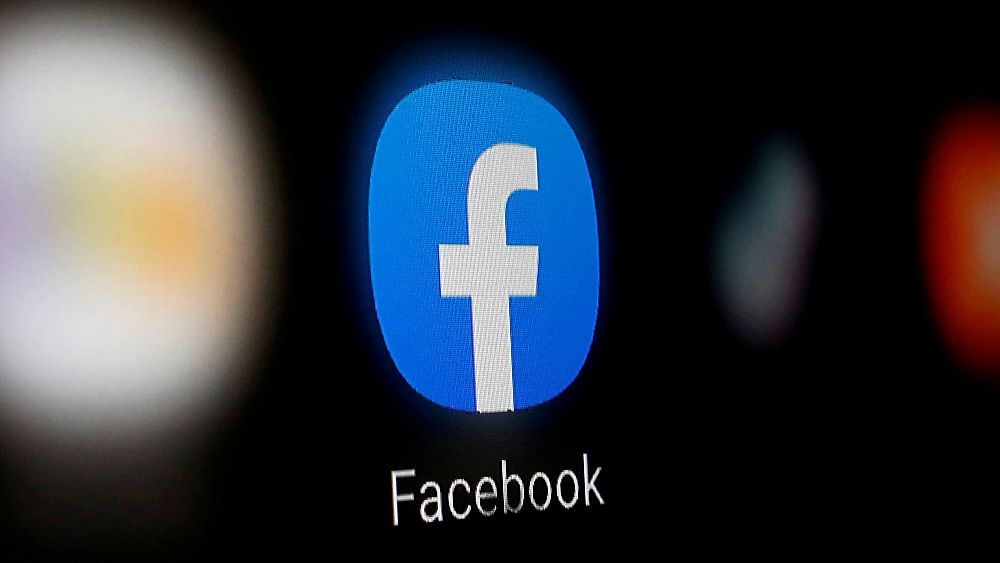
Facebook says it plans to hire 10,000 workers in the European Union over the next five years to work on a new computing platform.
The company said in a blog post on Sunday that those high-skilled workers will help build “the metaverse”, a futuristic notion for connecting people online that encompasses augmented and virtual reality.
Facebook says it will make interacting online "much closer to the experience of interacting in person."
"The metaverse has the potential to help unlock access to new creative, social and economic opportunities. And Europeans will be shaping it right from the start," the tech giant said in its blog.
"This investment is a vote of confidence in the strength of the European tech industry and the potential of European tech talent."
Facebook executives have been touting the metaverse as the next big thing after the mobile internet as they also contend with other matters such as antitrust crackdowns, the testimony of a whistleblowing former employee and concerns about how the company handles vaccine-related and political misinformation on its platform.
In a separate blog post on Sunday, the company defended its approach to combating hate speech, in response to a Wall Street Journal article that examined the company's inability to detect and remove hateful and excessively violent posts.
What is the metaverse?
The term designates a cyberspace parallel to physical reality where a community of people can interact in the form of avatars. The concept was coined by author Neal Stephenson in the 1992 science fiction novel "Snow Crash". It refers to the merging of physical, augmented, and virtual reality in a shared online space.
Some video game communities have already created embryos of meta-universes, such as Roblox (a platform that includes myriads of games created by children and teenagers) or Fortnite (a shooter and survival game that boasts 350 million players).
In April, five virtual concerts by rapper Travis Scott, who appeared as an avatar in Fortnite, were followed by more than 12 million gamers.
Gradually, screens, holograms, VR headsets and augmented reality glasses will allow fluid "movements" of virtual universes in physical places, a process Zuckerberg likened to "teleportations".
https://news.google.com/__i/rss/rd/articles/CBMiYmh0dHBzOi8vd3d3LmV1cm9uZXdzLmNvbS8yMDIxLzEwLzE4L2ZhY2Vib29rLXBsYW5zLXRvLWhpcmUtMTAtMDAwLXdvcmtlcnMtaW4tZXUtdG8tYnVpbGQtbWV0YXZlcnNl0gEA?oc=5
2021-10-18 06:36:05Z
CAIiEN1qW1n8lj7ZChP4Zr3R9KoqGAgEKg8IACoHCAow-ZzLBzD77Ecw2ZSOBg
Tidak ada komentar:
Posting Komentar